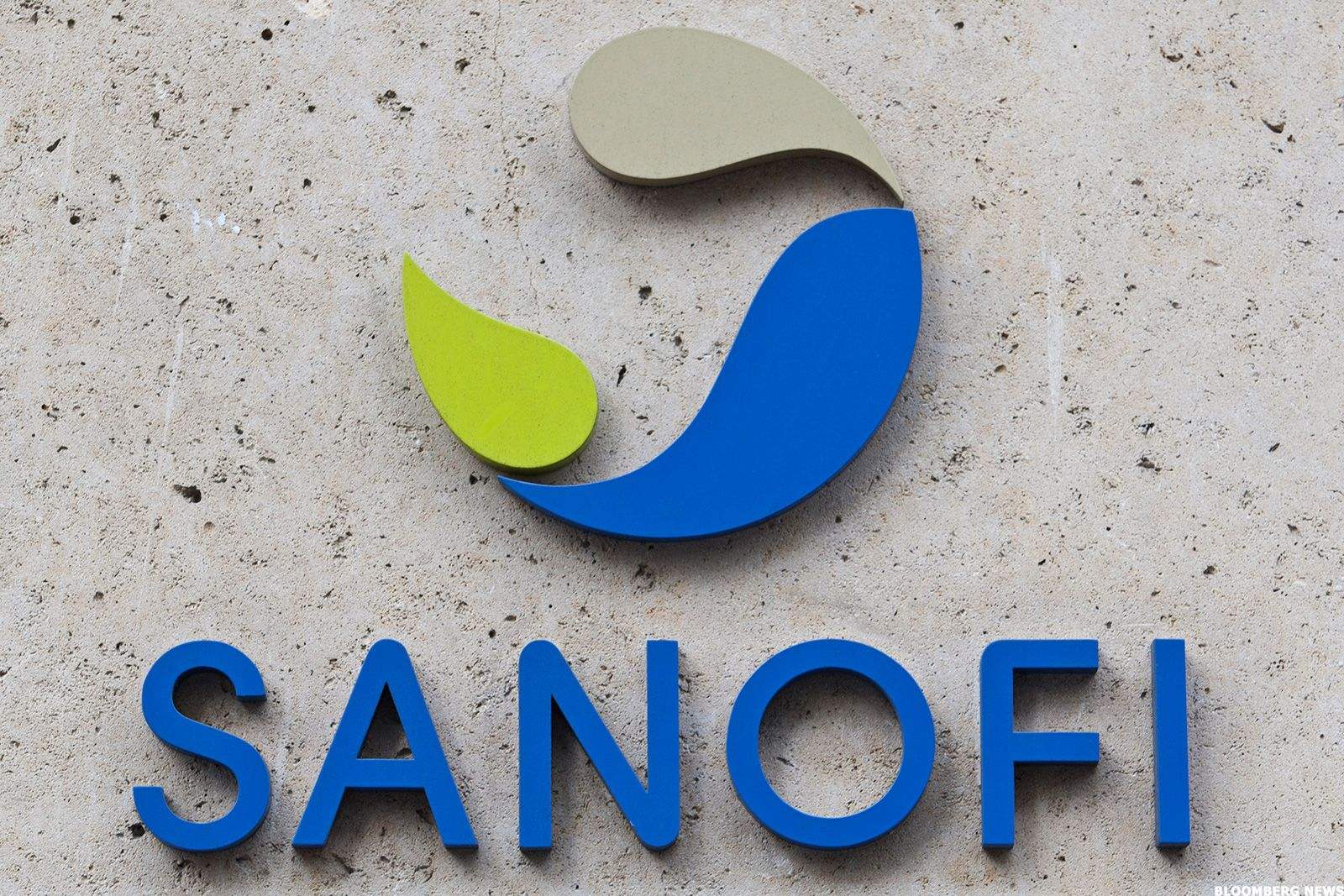On June 30, Sanofi announced that the U.S. FDA has partially suspended the Phase III study of its blockbuster drug tolebrutinib for multiple sclerosis and myasthenia gravis. The recruitment of patients in the United States will be suspended, and patients enrolled for less than 60 days will be enrolled. Stop dosing. Patients who have completed treatment for more than 60 days will continue dosing.
The FDA’s decision was mainly due to the discovery of several cases of liver injury that were confirmed to be related to tolebrutinib treatment in a phase III study, but abnormal increases in laboratory markers reflecting liver function were reversible after discontinuation of the drug. Sanofi had communicated with the FDA earlier on these adverse events, and revised some of the trial protocols in May, including updating the frequency of monitoring and revising the inclusion criteria to exclude patients with risk factors for liver dysfunction in advance. patient.
Paris, June 30, 2022. The U.S. Food and Drug Administration (FDA) has placed Phase 3 studies of tolebrutinib in multiple sclerosis (MS) and myasthenia gravis on partial clinical hold. As a result, new enrollment in the United States (U.S.) is paused, and participants in the U.S. who have been in the trial for fewer than 60 days shall suspend study drug. Importantly, U.S. participants who have completed at least 60-days in the trial should continue treatment.
In countries outside the United States, clinical studies of tolebrutinib will continue under a revised protocol with enhanced safety monitoring. Sanofi is also working closely with independent data monitoring committees and researchers around the world to assess the effectiveness of the safety measures taken. The Phase III program of tolebrutinib was launched in 2019, and more than 2,000 patients have been enrolled and treated, with the longest treatment time reaching 3 years.
Despite the FDA’s partial suspension, Sanofi remains confident that tolebrutinib will be a revolutionary oral therapy for multiple sclerosis patients.
Tolebrutinib is an oral BTK inhibitor with high brain permeation activity, capable of reaching the CSF concentrations required to target B lymphocytes and microglia. On April 23, 2021, Sanofi announced the phase IIb study data of tolebrutinib in the treatment of relapsing multiple sclerosis, showing that tolebrutinib was dose-dependent in reducing the number of brain lesions in patients. Disease activity was reduced by 85%, reaching the primary endpoint.
In September 2021, the latest phase IIb study results of tolebrutinib were published in The Lancet Neurology. The data show that tolebrutinib can reduce the number of new gadolinium-enhancing lesions in MS patients in a dose-dependent manner, of which the 60 mg dose group has the best efficacy , while the overall safety of the drug is good.
Tolebrutinib is the first drug to complete the proof-of-concept study of a BTK inhibitor in the treatment of MS, and is the first to enter Phase III. Phase III clinical trials in sexually progressive MS (PPMS) and myasthenia gravis (MG).
Sanofi is a latecomer to the BTK inhibitor market, but has opened up many new directions for the clinical development of BTK inhibitors. Unlike other competitors, which are swarming with blood tumors, Sanofi is targeting relatively small but huge market demand for immune diseases such as multiple sclerosis. In addition to the self-developed Tolebrutinib, it also reached a $3.68 billion acquisition transaction with Principia Biopharma in August 2020 to obtain the latter’s BTK inhibitor Rilzabrutinib for the development of the treatment of pemphigus and immune thrombocytopenia.
However, in September 2021, the world’s first phase III trial (PEGASUS study) of a BTK inhibitor versus placebo in the treatment of moderate-to-severe pemphigus by Rilzabrutinib failed, failing to meet its primary and key secondary endpoints.









